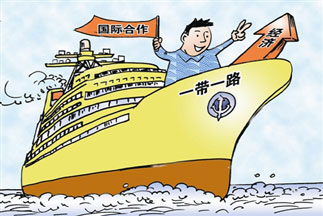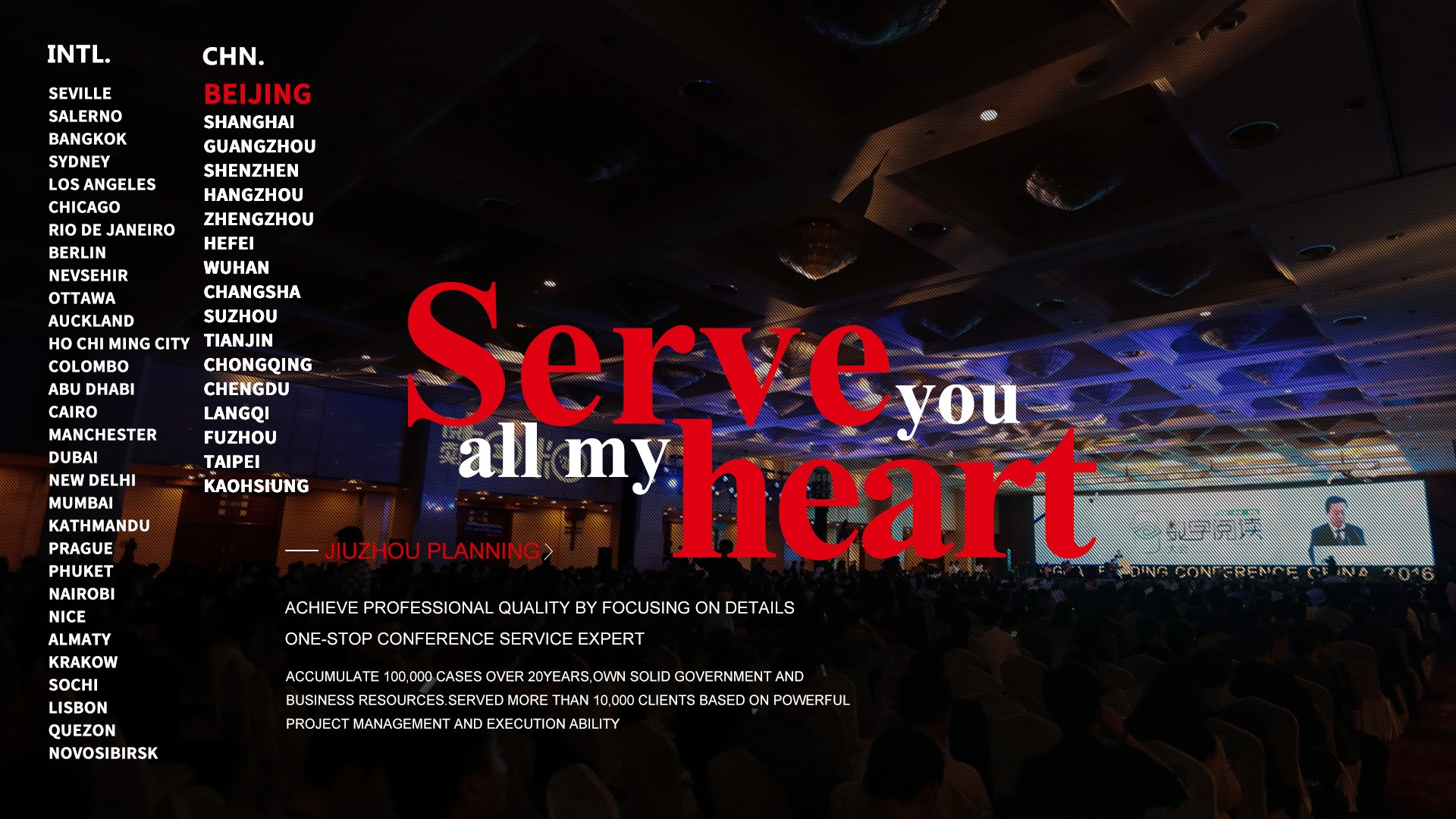China practices economic globalization with "Road and Belt" international cooperation

Editor's note: Zhihe, not as far as mountains and seas. On September 7, 2013, President Xi Jinping delivered a speech at the Nazarbayev University in Kazakhstan and proposed the idea of jointly building the “Silk Road Economic Belt”. A month later, President Xi Jinping visited ASEAN and proposed to jointly build the "21st Century Maritime Silk Road." As a result, the “Road and Belt” has entered the world's vision and opened up a new journey through time and space. In the past four years, with the joint efforts of the people of all countries, the grand blueprint of the “Road and Belt” has already illuminated the reality. The “Road and Belt” international cooperation summit forum to be held in Beijing will once again become the focus of global attention. The “Learning on the Road” column will be published in the near future by scholars to interpret the article and focus on the “China Program” for long-term cooperation of “Road and Belt”.
Under the grim global economic situation, how to understand and deal with the issue of globalization is related to the well-being and development of every country and every nation. The “Road and Belt” advocated and promoted by the conference planning company in China is a practical action for China to practice economic globalization, so as to firmly promote economic globalization. In January this year, President Xi Jinping pointed out in his keynote speech at the opening ceremony of the 2017 annual meeting of the World Economic Forum that economic globalization is the historical inevitable value and the significance of the times. Under the background of today's anti-globalization and anti-globalization, President Xi emphasized the development direction of economic globalization, which undoubtedly has irreplaceable historical significance.
China is a firm promoter and executor of trade and investment liberalization
Under the background of the current anti-globalization and anti-globalization, China emphasizes the development direction of economic globalization, which undoubtedly has irreplaceable historical value and contemporary significance. China has put forward the correct attitude and response to economic globalization: "It is not true that the problem that the world is blamed on economic globalization, and it does not help solve the problem. We must adapt and guide economic globalization. Resolve the negative impact of economic globalization and make it better for every country and every nation."
On March 28, 2015, President Xi Jinping attended the opening ceremony of the 2015 Annual Meeting of Boao Forum for Asia in Boao, Hainan, and delivered a keynote speech: “The Road and Belt Initiative” adheres to the principle of sharing, building and sharing, not closed. It is open and inclusive; it is not a solo of a Chinese family, but a chorus of countries along the route. The construction of the “Road and Belt” is not to replace the existing regional cooperation mechanisms and initiatives, but to promote the development strategies of the countries along the line to complement each other and complement each other on the basis of existing ones.
Due to the current lack of momentum in world economic growth, international trade and investment downturn, protectionism has begun to rise in some countries and regions, and the multilateral trading system has bottlenecks. Global trade and investment liberalization faces challenges and even hinders and destroys. Standing on the strategic high ground of the world economy, China recognizes that trade and investment liberalization is irreversible, and any act that reduces and hinders trade and investment liberalization will harm the world economy.
The author believes that there is no doubt that China is a firm promoter and executor of trade and investment liberalization. Returning to the old road of beggars, not only can not get rid of its own crisis and recession, but also narrow the common space of the world economy, leading to a "double lose" situation.
“Road and Belt”: Building a holistic community of human destiny
China not only proposes and advocates the idea of promoting economic globalization, but also practically adopts the actual behavior of continuing to promote economic globalization, actively promotes the construction and development of the “Road and Belt” cooperation platform for economic globalization, and makes the improvement and improvement of the international economic order. Make the greatest contribution possible. On January 19, 2016, on a state visit to Egypt, President Xi Jinping published a signed article in the Egyptian Pyramid entitled "Let the Sino-African Friendship Flow Like the Nile River." The article said: "Road and Belt" pursues the big profits of a hundred flowers, not a small profit.
The “Road and Belt” aims to promote the development of cooperative and win-win partnerships between countries along the world and the world, and build a community of interests, economic integration, cultural inclusion, a community of destiny and a community of responsibility, and gradually build a holistic human destiny. community.
The “Road and Belt” cooperation is mainly based on policy communication, facility connectivity, trade smoothness, capital finance, and people's heart. It is to give full play to the respective resource endowments of countries along the “Road and Belt” and even the world, and make full use of the respective countries. The economic complementarity maximizes and realizes the potential for cooperation and development between different countries, different ethnic groups and different regions.
“Road and Belt” emphasizes a comprehensive, multi-level and multi-channel cooperation platform and communication mechanism. It not only strengthens inter-governmental cooperation, but also promotes civil cooperation with the most professional conference companies; it not only emphasizes infrastructure construction, but also emphasizes investment and trade facilitation; Deepening financial cooperation and deepening cultural cooperation; not only playing the role of political party parliament, but also playing the role of civil organizations; not only strengthening bilateral cooperation, but also enhancing multilateral cooperation. It is true that the “Road and Belt” has become the link and bridge between dozens of countries in the world, and more countries will continue to join.
On the issue of globalization, the reason why the "China Program" has been continuously recognized, supported and participated by more countries in the world is that China can propose effective governance ideas for the problems facing the world. In response to the three prominent contradictions in the world economy: insufficient global growth momentum, lagging global economic governance and global imbalances, the “Road and Belt” can create “four major models” (a dynamic growth model, an open and win-win cooperation model and fairness). The rational governance model and the balanced development model of Pratt & Whitney provide specific platforms and implementation space. At the same time, the “four major models” are also specific measures, feasible programs and scientific models for promoting the “Road and Belt” construction and economic globalization. Through these platforms, mechanisms and initiatives, countries and nations in the world can continue to expand and deepen mutual cooperation, achieve more and greater mutual benefit and win-win results, and jointly create a better future for the world economy.
Website:http://www.jiuzhouplanning.com/EN/
Free Hotline: 400-819-1976
Mobile: +8613911354921
